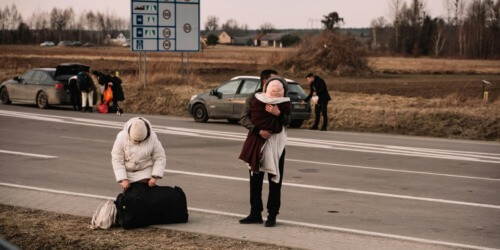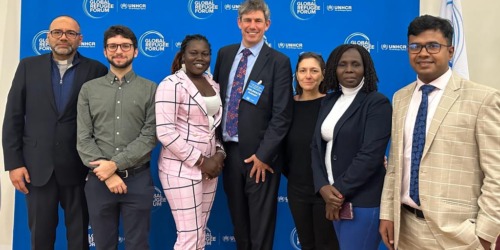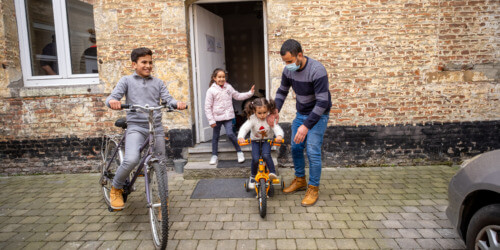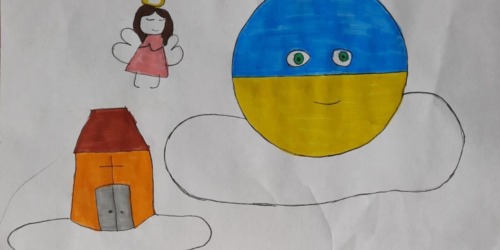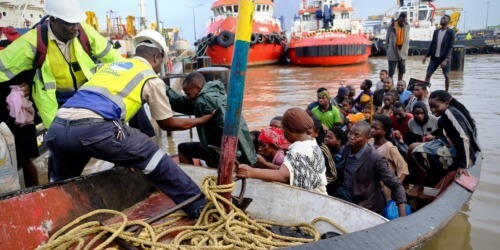“It is high time European policymakers adopt labour migration policies that respect migrants’ rights and stop erecting walls and fences“, says Maria Nyman, Secretary General of Caritas Europa. “Migrants have always been part of Europe’s DNA and the positive contribution of migration to our society – economically as well as socially and culturally – should finally be acknowledged, not least in a context of demographic challenges and severe labour force shortage.”
Regretfully, policymakers, the media and society at large too often perceive migration negatively, overestimating [1] migrants’ presence in Europe, when citizens of non-EU countries represent only 5.3% of the EU’s population [2]. Similarly, many migrants too often face mistreatment, privation and violence in their daily lives. Therefore, we call for an alternative approach, which acknowledges the positive contribution of migrants to Europe and promotes mobility and rights.
